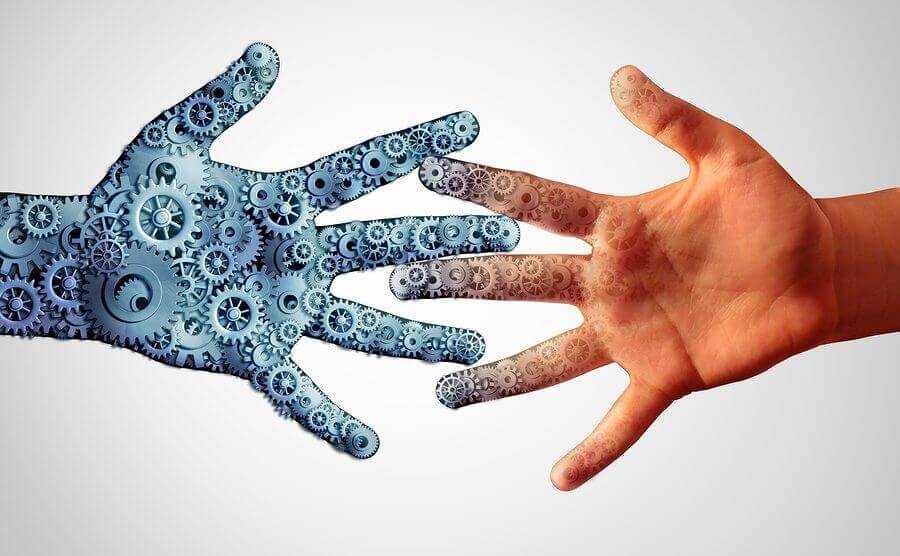
The past decade has seen technology disturb the foundations of hospitality. It’s paved the way for challenger companies who harness innovation to shake up the status quo and have given the industry a reboot.
After 10 consecutive years of growth, we’re seeing large hotel companies respond to these changes by adopting different revenue streams through a variety of new offerings. Last year, hotel mega group Marriott announced they’ll be stepping into the premium home rental market in an attempt to carve out their own place in AirBnb’s territory, who introduced their radical new model by storming the hospitality industry without building hotels.
Although this battle between the giants merely scratches the surface, companies in the hospitality industry are harnessing data and technology to power change at an unprecedented speed.
The Data Adoption Curve
It’s easy to forget the changes that hospitality has undergone over the past 10 years; in 2009 the very first hotel booking apps were hitting the market, travellers still had to visit agents and look through newspapers to find hotel bookings, and personalisation was all delivered manually.
Hospitality were slightly late to adopt tech but have been fast followers, with the next three years set to outdo even the last ten. One of the earliest companies to see such a gap was HotelTonight, founded in 2010 it simplified the way in which you could book and with a few simple swipes you were done. Fast Forward to 2017 and a cool 400 million dollars later they sold to rooms giant Airbnb.
What is inspiring to see is that in just a few years, a tech giant such as Airbnb which owns no assets has amassed a valuation of 31 billion dollars which dwarfs other asset rich brands such as Starwood hotels which sold to Marriott for only 13 billion dollars in late 2016.




